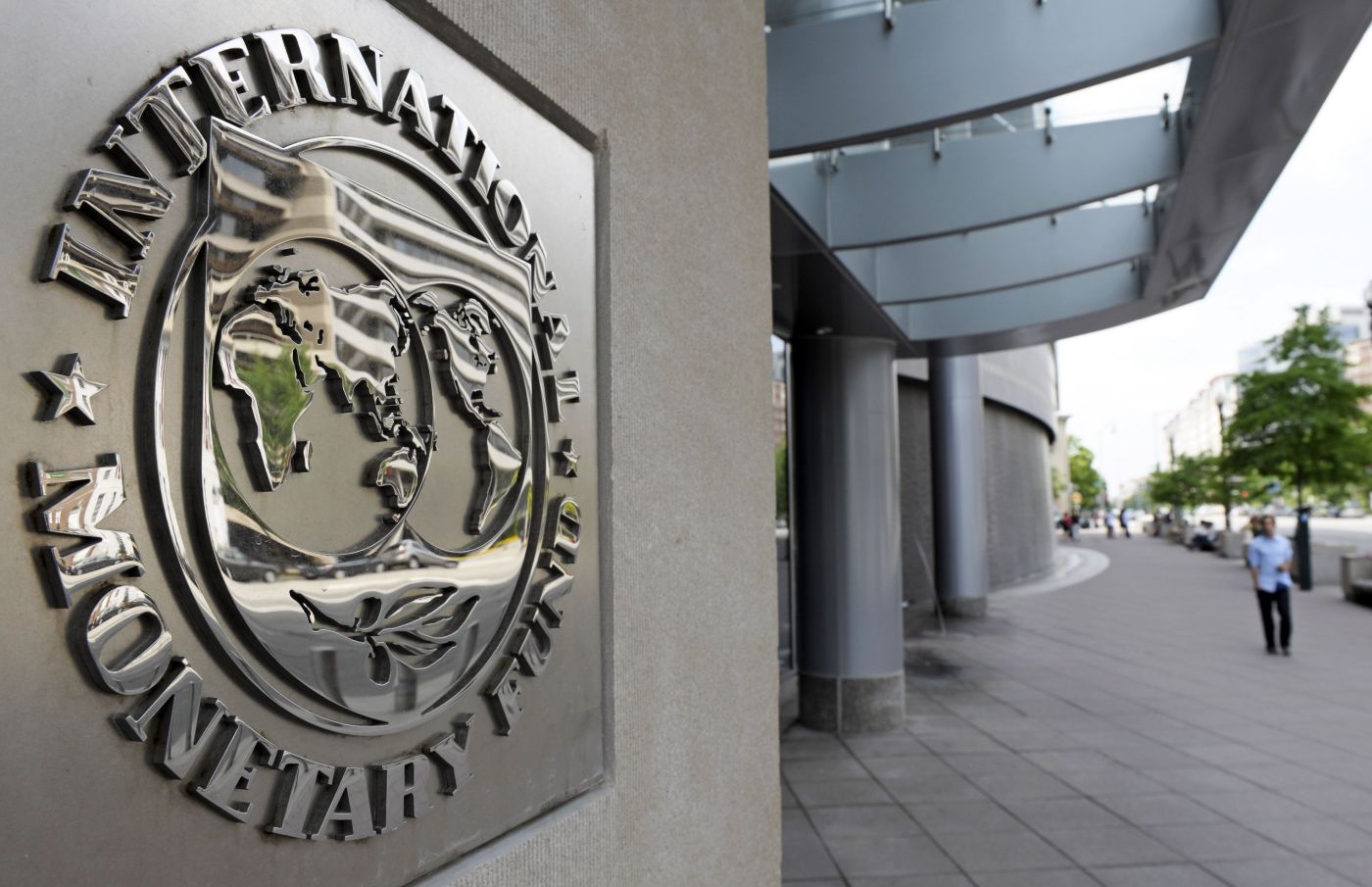Lebanon’s Finance Ministry said on Monday the country would receive $1.135 billion in reserve assets on September 16 in International Monetary Fund Special Drawing Rights (SDRs).
The ministry said the amount would be deposited in Lebanon’s Central Bank, with the two-part allocation including $860 million from 2021 and $275 million from 2009.
This comes in light of the end of a year of political deadlock with the formation of a new government under the leadership of Prime Minister Najib Mikati, a billionaire businessman who previously headed two governments in Lebanon.
“The finance ministry had asked the IMF to transfer the right to SDRs to Lebanon, particularly those from 2009,” said the ministry.
SDRs are supplementary foreign exchange reserve assets defined and maintained by the IMF since 1969. They are not a currency per se, rather units of account for the IMF held by member countries. In order to collect foreign currencies such as dollars, Lebanon must exchange its SDRs with another country.
Once allocated, Lebanon may use its SDRs as part of its foreign exchange reserves or sell or use their allocations for freely usable currencies (the US dollar, the euro, the yuan, the yen and the UK pound) among members and with prescribed holders.
SDRs are meant to provide the country with liquidity, without adding to its debt, according to the IMF.
“An SDR allocation is a way of supplementing Fund member countries’ foreign exchange reserves, allowing members to reduce their reliance on more expensive domestic or external debt for building reserves,” explains the IMF.
Lebanon was previously engaged in negotiations with the IMF under the patronship of Hassan Diab’s government to agree on a rescue plan unanimously approved by the representatives of parliament’s majority parties.
The talks hit a deadlock after Lebanon’s central bank (BDL) refused to cooperate and undergo forensic audits –a necessary prerequisite for any kind of foreign aid. Disagreement generally remains over the amount of losses incurred by the financial system.
Diab’s government estimated the net losses on the balance sheets of banks and BDL, after capital deduction, at 154 trillion pounds (more than $44 billion at a rate of 3,500 pounds per dollar). The IMF’s estimates however were much higher than that of the government’s, but talks soon hit a wall amidst the ongoing crisis and political deadlock.
In light of Lebanon’s formation of a new government approved by the president and parliament simultaneously, talks with the IMF are soon expected to resume.


